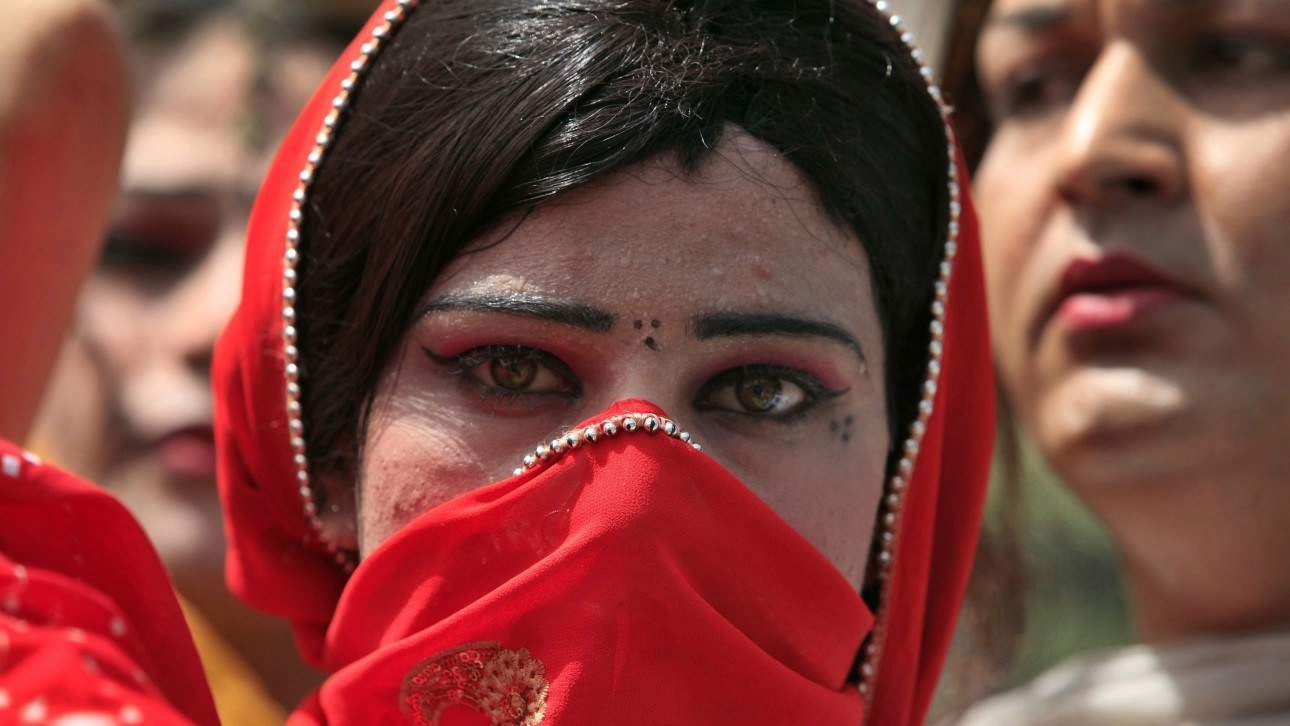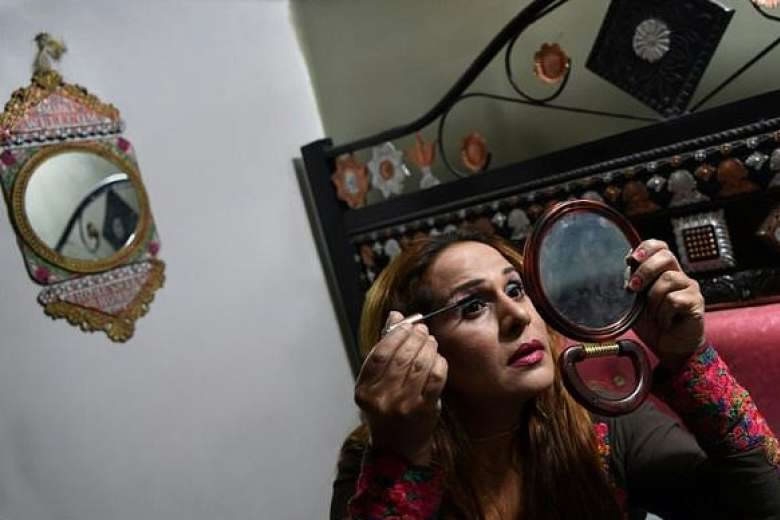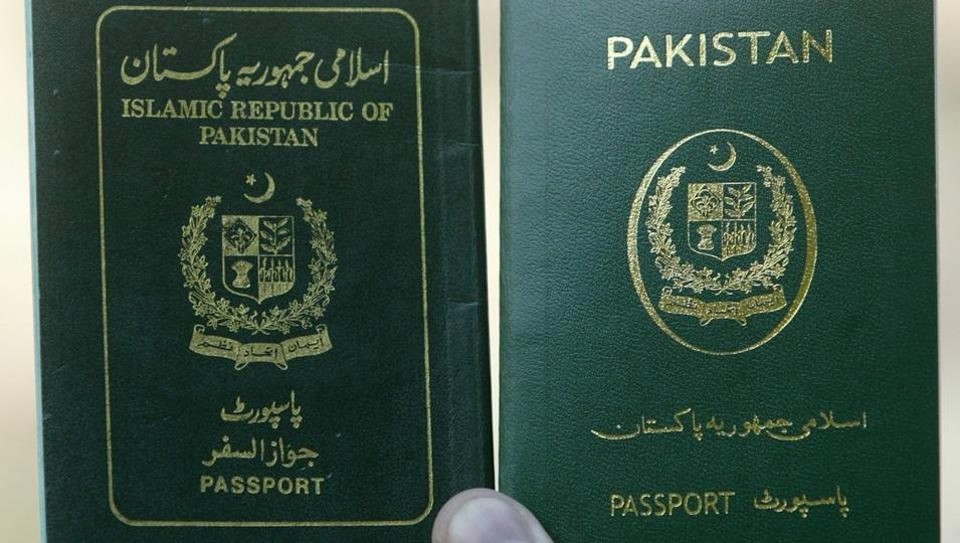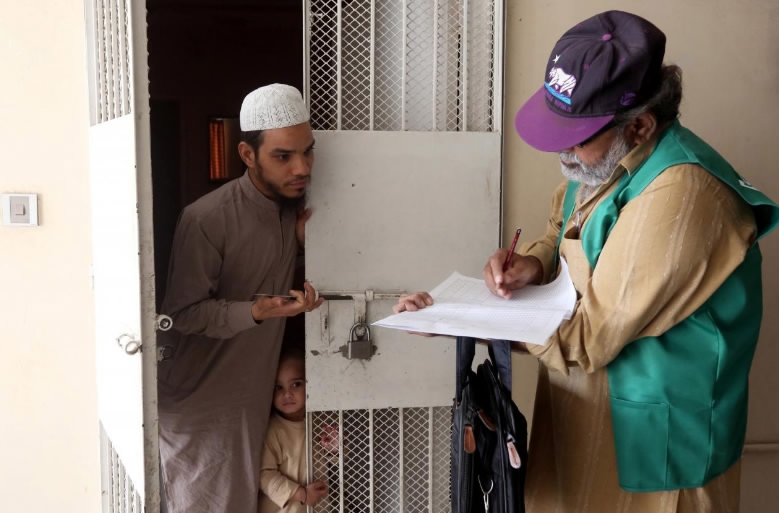
World
18:25, 05-Oct-2017
How South Asia’s ‘third gender’ is being heard
By Nadeem Gill

A Pakistani university recently launched a program to give free education to transgender people, a move that is being viewed as yet another step by the state to increase the recognition of people who do not identify with the gender assigned to them at birth, and help its underprivileged members.
Allama Iqbal Open University (AIOU) unveiled the program offering trans people free education in September, according to Pakistani news outlets.
AIOU’s vice chancellor Shahid Siddiqui was also quoted by Xinhua News Agency as saying he hoped that the program would help the transgender community “regain its long-lost self-respect and dignity” and would help “neglected” transgender people become responsible citizens and get equal status in mainstream national life.
Siddiqui added that trans people were happy about the program and had started submitting applications for the forthcoming fall semester. The university has also pushed back the deadline for admissions.

In 2009, Pakistan became one of the first countries in the world to legally recognise a third sex, allowing transgenders to obtain identity cards, while several have also run in elections. /AFP Photo
In 2009, Pakistan became one of the first countries in the world to legally recognise a third sex, allowing transgenders to obtain identity cards, while several have also run in elections. /AFP Photo
"That is a great step on the part of AIOU,” Shujauddin Qureshi, a Karachi-based social worker and prominent labor right activist, told CGTN.
Qureshi noted this was just the latest in many recent steps taken in Pakistan to help the trans community. Earlier this year, transgender people were counted as a separate category in the national census for the first time, he said.
In a landmark decision, Pakistan’s National Database and Registration Authority also recently informed the Lahore High Court that so-called “hijras” - people who identify as neither male nor female - could list their “gurus” (informal mother figures) as parents on their computerized national identity cards, Qureshi pointed out. Indeed many are estranged from their biological parents.
Trans or hijra
The position of trans people in Pakistan, and throughout much of South Asia, does not follow recent Western history on the issue, with a long tradition of people feeling that they are neither men nor women. But while they are commonly referred to as "hijras," the word is often used interchangeably with “trans.”
“In Pakistan, the term transgender is assumed to be hijra,” said Qureshi.
In India or Pakistan, the term “transgender” is much broader than in the West, often used to describe crossdressers, intersex people, transgender men and women, transvestites, transsexuals and eunuchs.
'Underprivileged' but not forgotten
The transgender community is seen as one of the most neglected communities in the Pakistani society.
Pakistan's top court, however, has in recent years taken steps towards recognizing their basic rights.
The Supreme Court declared equal rights for transgender citizens in a 2012 ruling that also gave them the right to inherit property and assets, to vote and to be counted as a separate category in the country’s national census.
Three years earlier in 2009, the court had ruled that trans people could get national identity cards as a “third sex”.

Pakistan issued first passport with a trans category this year. /Reuters photo
Pakistan issued first passport with a trans category this year. /Reuters photo
Pakistan issued its first passport with a trans category in June, with an X under gender to signify the third sex, instead of M for “male” or F for “female.”
There is no official data on the number of transgender people in Pakistan, but a charity, Trans Action Pakistan, estimates they number at least half a million in a country of 190 million.
“Slow to change”
Across the border in India, the parliament is reviewing legislation to extend the rights of trans Indians and other minorities.
But hearts might be slow to change, the bill’s sponsor, MP Shashi Tharoor, was quoted as saying by British newspaper The Guardian in April.
Robust legal protection would leave transgender people less vulnerable to the attitudes of landlords, bureaucrats or co-workers, he added.
“Intolerance in India is on the rise,” Tharoor said. While piecemeal laws already protect women and poorer castes, “people such as sexual minorities have fallen through the cracks”.

A census enumerator notes details from a resident during Pakistan’s 6th population census in Karachi, Pakistan March 15, 2017. /Reuters Photo
A census enumerator notes details from a resident during Pakistan’s 6th population census in Karachi, Pakistan March 15, 2017. /Reuters Photo
Despite measures to protect transgender people, many in Pakistan and other South Asian countries such as Bangladesh and India, are still assaulted, killed, raped or pressured to work as sex workers to make a living, a Reuters report noted in June.
Others support themselves by begging for alms on the streets. They are also sought after to perform blessings and ceremonies, but often face discrimination: widespread prejudice means it can often be difficult for them to find permanent homes, and they are often driven to live in communes on the fringes of society.
Nevertheless, awareness of trans rights is growing. An advertising campaign by an international cough and cold brand was acclaimed in April for featuring the true story of an orphan girl who found a loving mother - later revealed to be Mumbai-based transgender activist Gauri Sawant.

SITEMAP
Copyright © 2018 CGTN. Beijing ICP prepared NO.16065310-3
Copyright © 2018 CGTN. Beijing ICP prepared NO.16065310-3